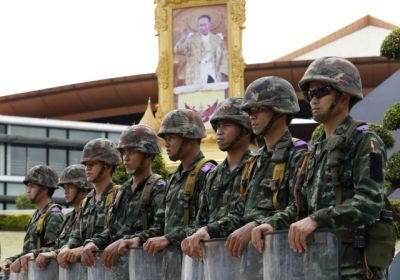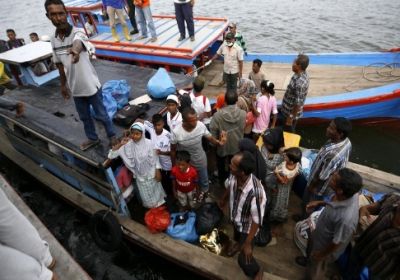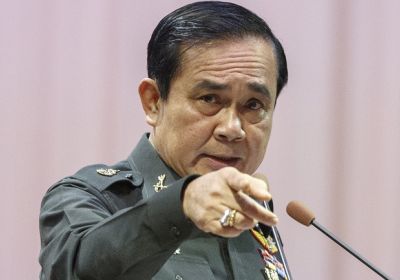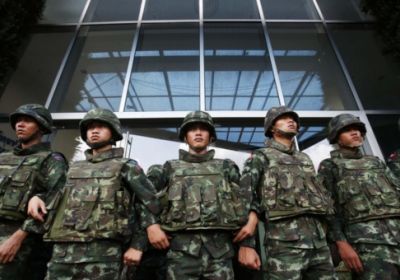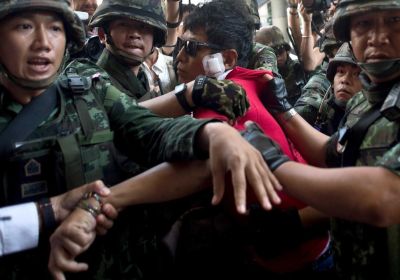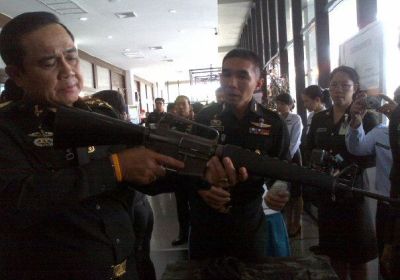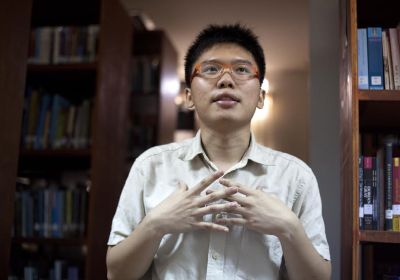
When an all-female army of journalists, dressed as schoolgirls, burst into laughter at a “lunch party” with the Thailand's military junta chief Prayut Chan-o-cha at Government House on January 8, it became the talk of the town.
Commentators took to social media to lament the wretched state of Thai media. A senior Thai journalist, Pravit Rojanapuruk, labelled the journalists as “lapdogs” in a column in the progressive daily Khaosod English.
